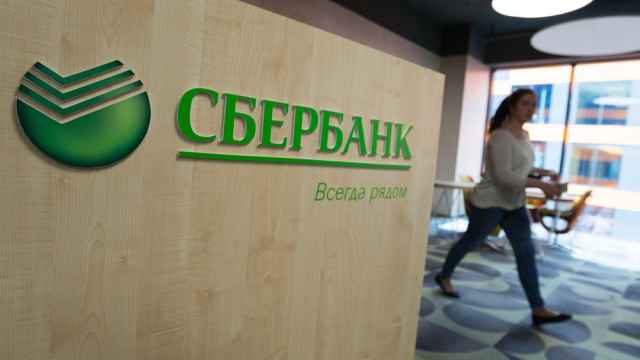Alexander Vinnik, a Russian citizen accused of having supervised a digital-currency exchange that helped criminals launder billions of dollars, will likely remain in France to face charges.
Vinnik was arrested in Greece in 2017 and was held there while France, Russia, and the U.S. negotiated his extradition.
According to a Tuesday statement from his defense team, Vinnik was extradited to France on Thursday. He has been charged with extortion, aggravated money laundering, conspiracy, and harming automatic data-processing systems, according to an official at the Paris prosecutor’s office. The investigation is live and no trial has been ordered.
Vinnik will stay in France until the case against him is completed. He will then be sent back to Greece before being extradited to the U.S. Once the U.S. case is over, Vinnik will be sent to Russia, according to his lawyers.
One of his lawyers, Zoi Konstantopoulou, said Vinnik was being “persecuted” because of his nationality and his computer prowess, which is seen as a threat to the international banking system. “Alexander’s crime is to be Russian and a person with extraordinary technological knowledge that could liberate people economically,” said Konstantopoulou.
Vinnik’s defense team also complained of mistreatment, saying the length of his pretrial detention is inhumane.
“The Greek Minister of Justice has, in essence, decided that this person is going to spend his life being extradited, judged and then re-extradited, re-judged and yet again re-extradited and re-judged,” Konstantopoulou said.
In 2017, U.S. prosecutors accused Vinnik of supervising the crypto exchange BTC-e, which allowed cybercriminals to anonymously move illicit proceeds between cash and cryptocurrencies without vetting.
The allegations against Vinnik are also notable because alleged BTC-e Bitcoin are associated with the Russian military intelligence hacking unit that Special Counsel Robert Mueller separately implicated in the release of Democrats’ emails to manipulate the 2016 U.S. elections.
A Message from The Moscow Times:
Dear readers,
We are facing unprecedented challenges. Russia's Prosecutor General's Office has designated The Moscow Times as an "undesirable" organization, criminalizing our work and putting our staff at risk of prosecution. This follows our earlier unjust labeling as a "foreign agent."
These actions are direct attempts to silence independent journalism in Russia. The authorities claim our work "discredits the decisions of the Russian leadership." We see things differently: we strive to provide accurate, unbiased reporting on Russia.
We, the journalists of The Moscow Times, refuse to be silenced. But to continue our work, we need your help.
Your support, no matter how small, makes a world of difference. If you can, please support us monthly starting from just $2. It's quick to set up, and every contribution makes a significant impact.
By supporting The Moscow Times, you're defending open, independent journalism in the face of repression. Thank you for standing with us.
Remind me later.






